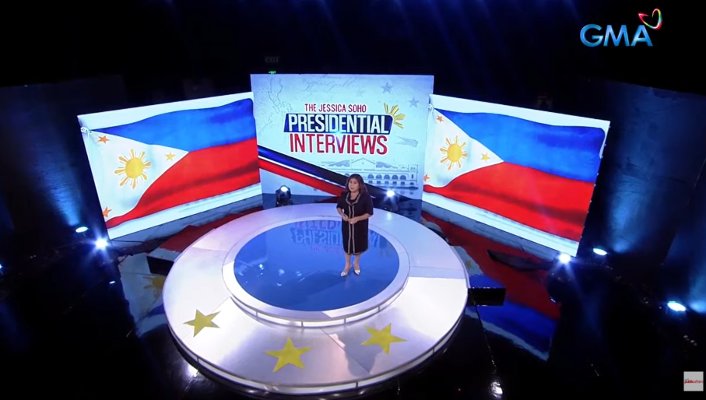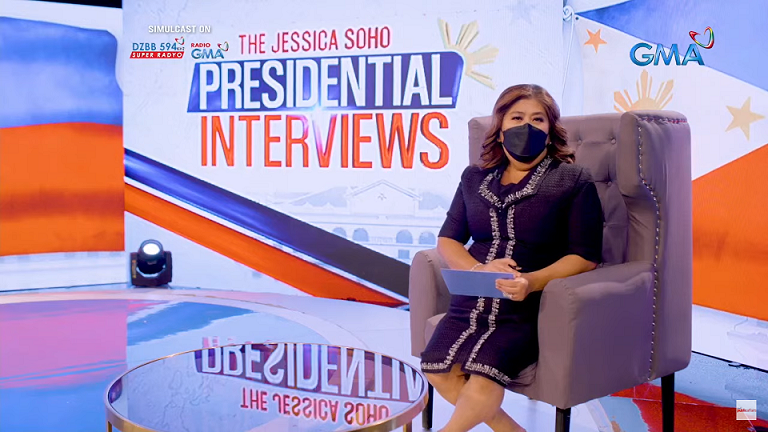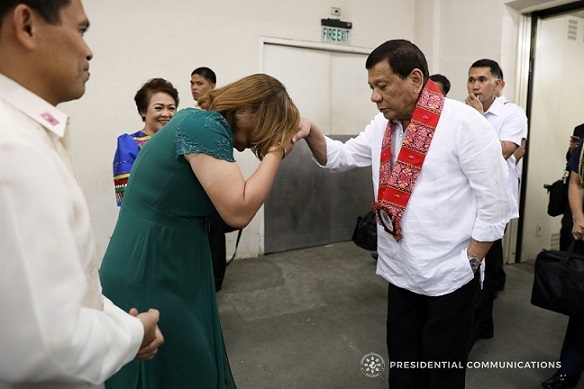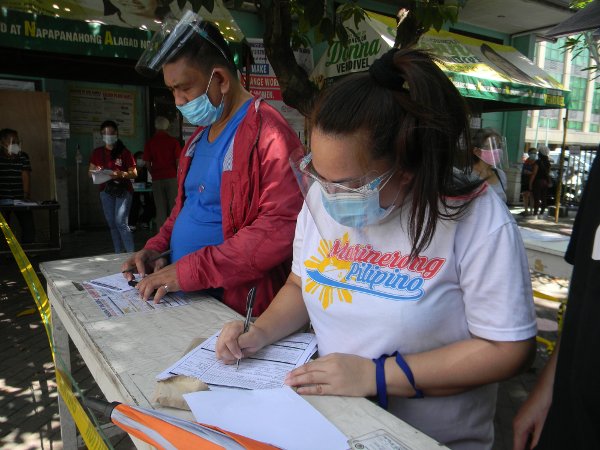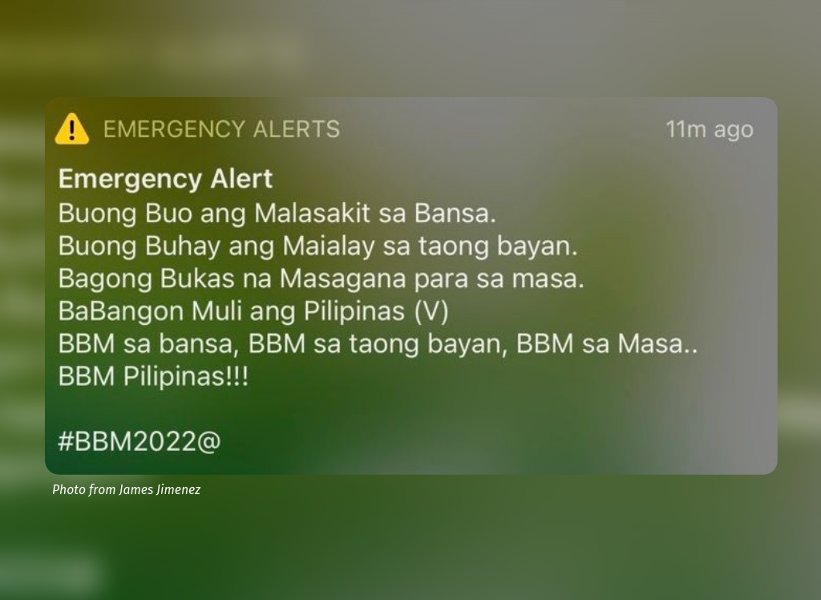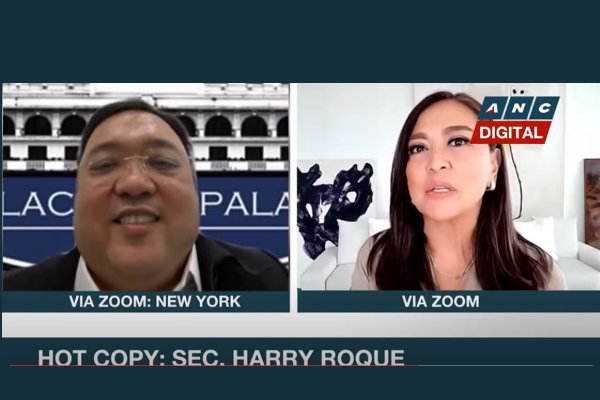It seems too easy for the camp of presidential candidate Ferdinand “Bongbong” Marcos Jr. to accuse multiaward-winning broadcast journalist Jessica Soho of being “biased against the Marcoses.” Many surmise that this is because Soho is known to ask tough questions begging to be answered.
It appears that the ex-senator prefers being interviewed by popular vloggers, like Toni Gonzaga and Boy Abunda, who have made a name in the entertainment industry and who ask mostly light questions and avoid offending the interviewee. But we don’t hear him and his supporters calling them biased.
There’s an idiom that says when you point a finger at someone, three other fingers are pointing back at yourself. This applies to the incident in which Marcos declined an invitation to be interviewed by Soho, accusing her of being biased against the Marcoses and would be expected to ask questions that would “just focus on negativity about [Marcos Jr.]” By turning down the invitation to appear in the show, which featured four other presidential candidates, didn’t Marcos also show his bias against Soho, who happens to be an Ilocano like him?
The mainstream media has been constantly bombarded with accusations of biased reporting. The accusations come in particular from politicians and their supporters who are the subjects of critical reporting, including those who can’t distinguish news from opinion or commentary.
While it is true that a number of media persons no longer hide their partisan leanings these days, as seen from their social media posts, there are still many journalists whose bias is for the truth.
In the case of Marcos Jr., Soho’s alleged bias against the Marcoses appears to be just an excuse to avoid being compared to the four other top survey-ranking presidential contenders in responding to critical questions that need to be answered.
Remember that Marcos Jr. also got the ire of Commissioner Rowena Guanzon when he didn’t appear at the preliminary hearing for the petitions for his disqualification from the presidential race last January 7. His excuse was that he was in isolation after feeling symptoms of the coronavirus disease 2019 (COVID-19). Many surmised that Marcos Jr. was absent because he was avoiding the feisty Guanzon.
During the 2016 campaign for his vice-presidential bid, Marcos also skipped a few public debates. He performed poorly when asked pointed questions, particularly involving allegations of massive corruption and human rights violations during the presidency of his father.
Biased reporting has become a convenient excuse to avoid possible embarrassing situations such as when one cannot find words to answer difficult questions, or when one cannot articulate beyond motherhood statements.
While Marcos Jr. has been leading popularity surveys here and there, he is not assured of winning the actual balloting. He has to face the public and the media, and be prepared to be asked friendly and hostile questions. He should not hide behind his popularity as a preferred presidential candidate in surveys whose respondents are too few compared to the actual voting population.
His refusal to appear in Soho’s public affairs program and accusing her of being biased against the Marcoses give us a preview of how he would treat the media if and when he becomes president.
He could have simply turned down the invitation. That’s his right and prerogative. The accompanying reason for rejecting the invitation must be well thought out to send an important message.
Is this a signal that journalists should avoid asking questions that could annoy him or make him feel uncomfortable if they want to get a reply from him?
Marcos Jr. has been suspected of having hired trolls and vloggers, who spread misinformation and disinformation in his favor. Would they be given a special space in Malacañang if he wins in May?
If journalists like Jessica Soho are biased, how does he describe news anchors and other journalists and vloggers who have been acting like they are Marcos’ apologists and publicists?
The views in this column are those of the author and do not necessarily reflect the views of VERA Files.
This column also appeared in The Manila Times.
